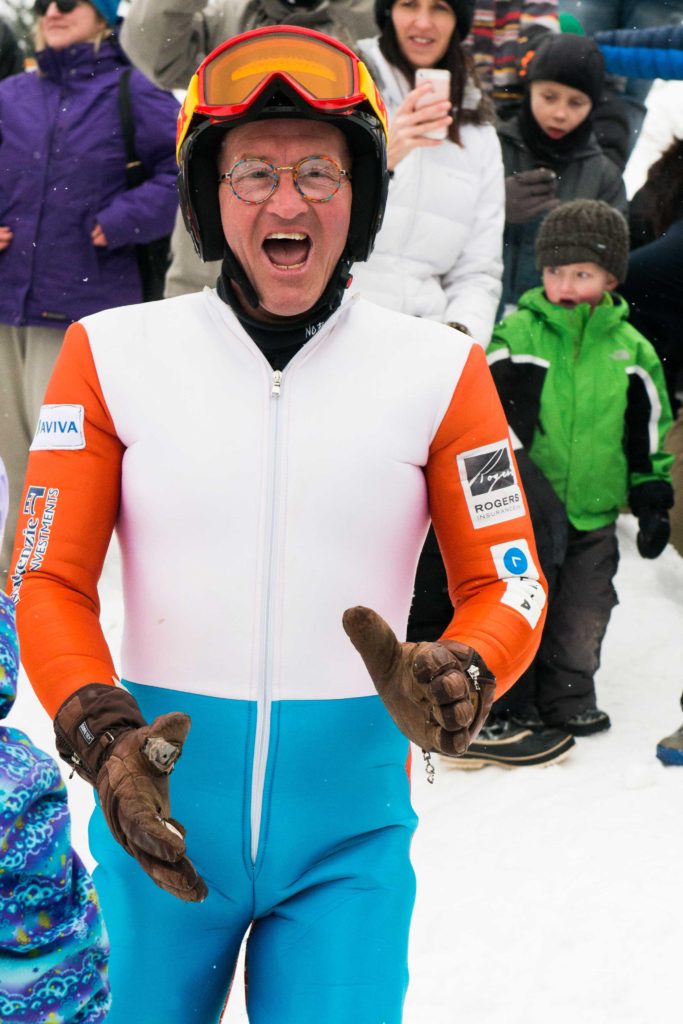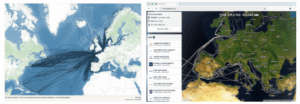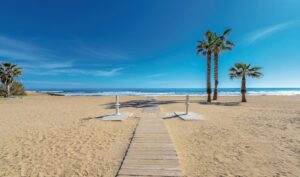Millions of children have exercised less this year because the Olympics were cancelled

63% of children are inspired to exercise more when they watch major televised sports events like the Olympics and Euros.
But in this year’s ‘Summer of No Sport’, 41% of young people say they’ve been less motivated to take part in sport and fitness activities
Research from David Lloyd Clubs estimates children have lost out on millions of hours of exercise and activity as a result of the ‘Summer of No Sport’
This summer was supposed to be a memorable one for sport. Extraordinary humans breaking world records, scoring goals and taking their best shots. It would have been a summer to inspire a whole new generation. Instead, it was the summer of no sport. And the potential impact this has had on children’s fitness and physical activity is staggering.
Through new research with 1,000 schoolchildren aged 5-12 and their parents, David Lloyd Clubs has revealed that 59% of children did 2.5 hours less exercise per week over the summer because of the cancellation of events like the Olympics, Euros and Wimbledon. For those surveyed that’s around 19,077 hours of lost exercise* over the summer – but if applied across the total population of 5-12 year olds it is estimated that millions of children lost around 150 million hours of exercise this summer.
It’s not an overstatement to say that major televised sports events play a significant role in getting young people to be more active. According to the research, 63% of 5 – 12 year olds say they are inspired to do more sport and fitness activities when they have watched these competitions. What’s more, over half (57%) think major sporting events inspire them to put more effort into PE lessons at school.
And their parents certainly agree, with 65% fully believing in the ‘Olympics effect’ when it comes to their children’s interest in physical activity and sports.
However, because of the cancellation or postponement of these events, more than two in five young people (41%) admit they have lacked the motivation to get involved in sports and fitness this year. Added to the finding that 57% of children have already exercised less because of lockdown and schools being closed – 2020 is set to be the least active year ever for Britain’s children.
Susie Malcolm Group Family Manager at David Lloyd Clubs said: “Obviously postponing and cancelling these major sporting events in light of a global pandemic was absolutely the right thing to do. But the longer-term impact on our children’s fitness and physical activity as a result of the absence of major live sport hasn’t been explored until now. Our findings show just how influential the Olympics and other sports events are on children’s everyday fitness, with a staggering number of exercise hours lost because of their absence from our screens. There are also the concerns about a lost generation of future stars. Could the next Andy Murray, Chris Hoy or Jess Ennis pass us by because of the lack of this year’s sporting events?”
For 36% of youngsters it’s seeing their sporting heroes in action that gives them the extra motivation to be active. For another 39% it’s discovering new sports. 24% are even determined to become professional athletes in the future because of what they’ve seen at the Olympics and other major sports events. And it would seem the most inspirational sports are football, swimming and athletics, with Mo Farah, Andy Murray and Serena Williams the most inspiring athletes for todays’ young generation.
Susie Malcolm concluded: “Hopefully the Olympics and other postponed events can take place in 2021. However, whether they do or don’t, as an industry it’s so important that we all do as much as possible to keep children inspired and motivated to be active.
David Lloyd Clubs offers a wide range of family friendly facilities including after-school and holiday kids clubs to keep children as active and engaged as possible. From football and basketball to tennis and swimming as well as craft classes and scooter squad – there’s something for children of all ages and of course, safety and social distancing are a number one priority. Each child is given a designated area, with sanitising of all equipment taking place before each class and equipment not being shared during classes.




